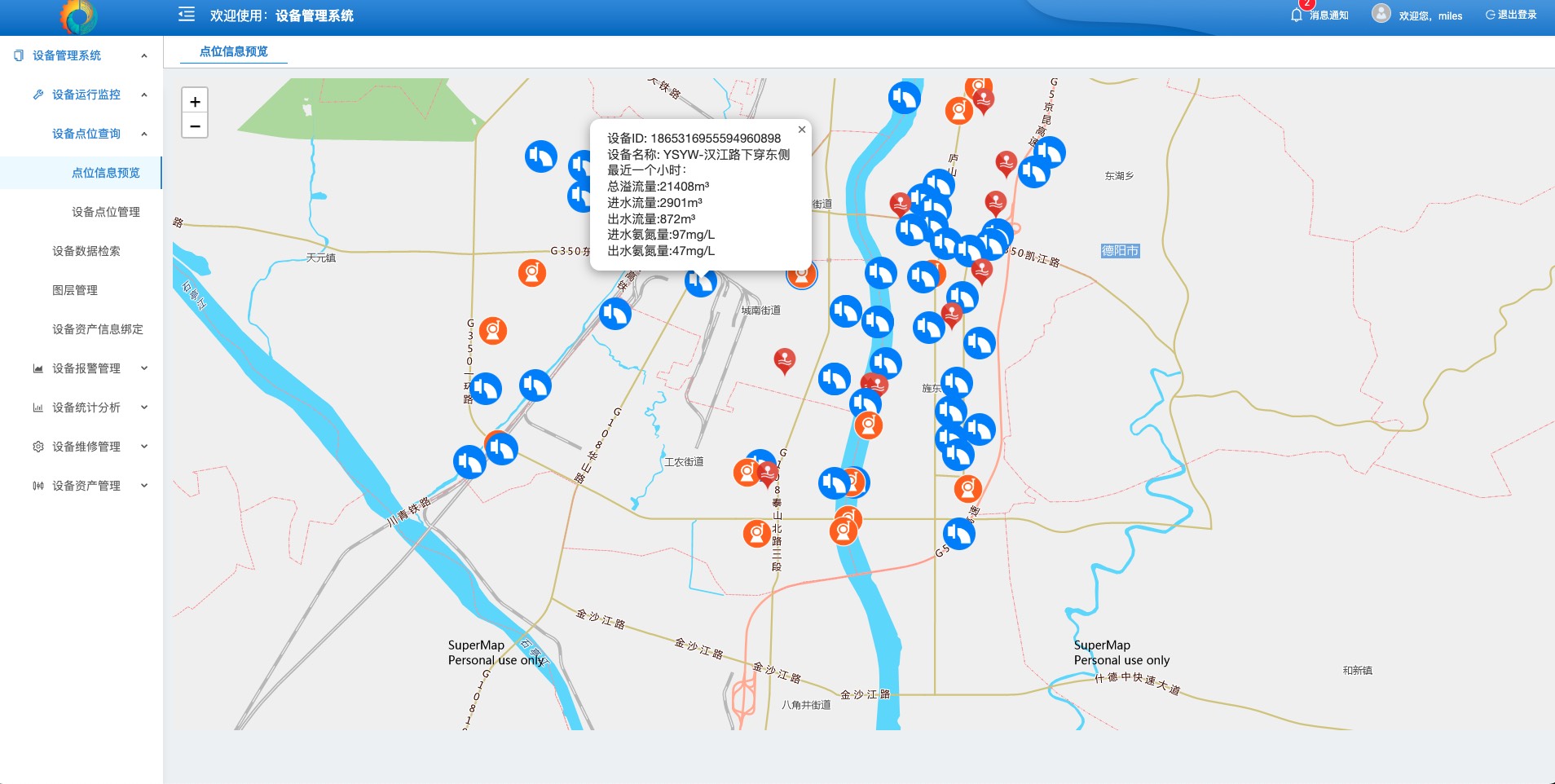As urbanization continues to accelerate, upgrading traditional drainage systems to smarter solutions has become essential to improve urban management efficiency and address challenges posed by extreme weather events. Our team recently completed a significant project — the development and implementation of the Smart Urban Drainage System. Not only did we successfully undertake this project, but we also managed to complete several key process workflows within just one month.
Project Background
With the rapid pace of urbanization, traditional drainage systems are struggling to meet the increasingly complex needs of urban flood control. Especially in the face of extreme weather events like heavy rainfall and flooding, the limitations of conventional systems have become evident. To address these challenges, the Smart Urban Drainage System has emerged, utilizing technologies like sensors, data analysis, and intelligent control to enable real-time monitoring, scheduling, and management of drainage systems.
Our Role in the Development
Upon receiving the project, our team immediately got to work, conducting detailed planning and design to meet the core needs of the Smart Drainage System. We held multiple in-depth discussions with the client, researched industry standards, and reviewed cutting-edge technologies to ensure our solution could address the real-world challenges effectively.
Deliverables: Completing the Process Workflows
A key milestone in the project was the successful completion of several dozen process workflows, which covered every aspect of the system. These workflows outlined the steps and logic of the drainage system from data collection, transmission, to decision-making and execution, ensuring the system would operate efficiently during both implementation and maintenance.
In just one month, we managed to deliver these comprehensive workflows and provided the client with detailed documentation to support smooth deployment. Each workflow is not only a technical achievement but also a testament to our team’s collaboration and efficiency.
Technical Highlights
1. Real-Time Data Monitoring: The system collects real-time data from sensors
installed throughout the drainage network, providing immediate feedback on the
status of pipelines and ensuring that the drainage system can respond
effectively to sudden events.
2. Intelligent Scheduling and Optimization: Using real-time data analysis, the system automatically adjusts drainage strategies, optimizing resource allocation and preventing overloading or leakage risks.
3. Comprehensive Process Management: Through the design and development of multiple workflows, we have streamlined the entire management process of the drainage system, ensuring smooth transitions at every step.
This project has not only enriched our experience but also demonstrated our team’s ability to efficiently deliver complex projects in a short time frame. We look forward to more opportunities like this and working alongside various industries to drive the smart city movement forward, creating a better urban future.


